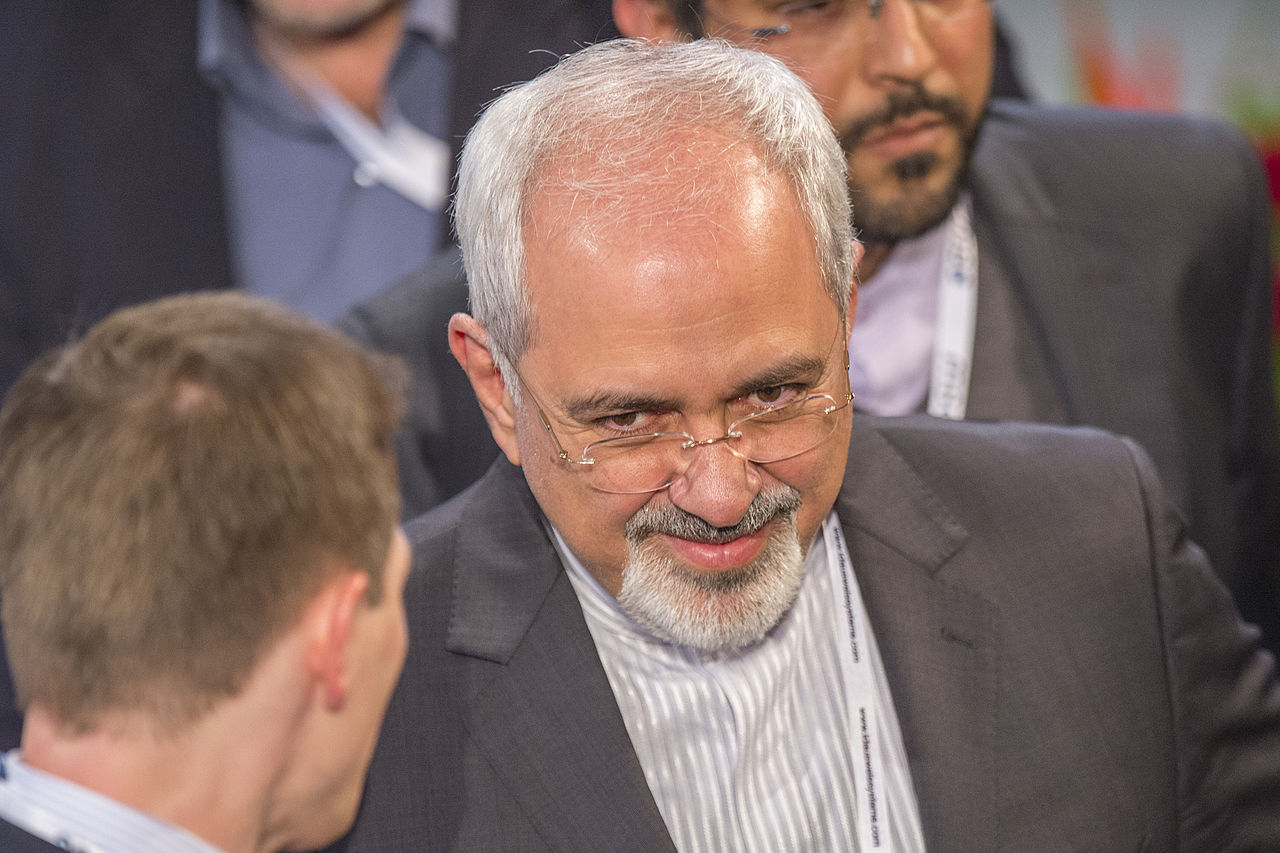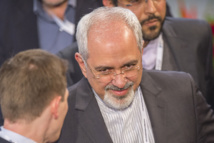The point of a multi-year negotiating process to resolve the Iranian nuclear issue should be put on the meeting of heads of the six international mediators’ diplomatic missions (the five permanent UN Security Council members and Germany) and Iran, which will be held July 6 to 7 in Vienna.
The solutions to the complex problem of the mechanism of removal of international sanctions from Iran and their return in the event of agreements non-compliance by Tehran has been already found.
According one of the sources close to the negotiations, one of the sanctions lifting discussed schemes is as follows: a so-called lifting of the sanctions regime is introduced against Iran on the day of the transaction, that is, the UN Security Council resolution removes international restrictive measures against Tehran.
However, this regime would need to be regularly renewed - and if one of the permanent members of the Security Council will doubt that Iran does not adhere to the agreements, it will be able to veto and block the extension.
Such a scheme would save face of both Iran and the United States.
The Iranian authorities will be able to announce the satisfaction of their demands for an instant lifting of sanctions. And the US - they have a powerful lever of influence on Iran.
Such a regime should be valid for ten years.
In addition, the publication adds that there is progress on the question of what to do with surpluses of Iran's enriched uranium.
The Chinese agency "Xinhua" July 5 reports, with reference to its sources, that most of the uranium - about 7.5 tons - will be exported to Russia.
Russian diplomatic source has already confirmed the preliminary agreement on the issue.
However, he said that in return, Russia will supply Iran either natural uranium or ready-to-use fuel. Moscow is unlikely to be able to earn on such a scheme - rather, it will become another of its contribution to the settlement of the Iranian nuclear issue.
However, even if the diplomats in Vienna remove the outstanding issues, the fate of the deal will largely remain suspended until at least the US Congress says its last word, which must approve the removal of unilateral US sanctions from Iran.
This process is not going to be easy: many lawmakers - especially Republicans - believe that the sanctions do not need to be removed but tightened.
A source in one of the six delegations called dangerous the fact that "international nuclear safety, in fact, is a hostage of internal political struggle in the United States."
source: businessinsider.com
The solutions to the complex problem of the mechanism of removal of international sanctions from Iran and their return in the event of agreements non-compliance by Tehran has been already found.
According one of the sources close to the negotiations, one of the sanctions lifting discussed schemes is as follows: a so-called lifting of the sanctions regime is introduced against Iran on the day of the transaction, that is, the UN Security Council resolution removes international restrictive measures against Tehran.
However, this regime would need to be regularly renewed - and if one of the permanent members of the Security Council will doubt that Iran does not adhere to the agreements, it will be able to veto and block the extension.
Such a scheme would save face of both Iran and the United States.
The Iranian authorities will be able to announce the satisfaction of their demands for an instant lifting of sanctions. And the US - they have a powerful lever of influence on Iran.
Such a regime should be valid for ten years.
In addition, the publication adds that there is progress on the question of what to do with surpluses of Iran's enriched uranium.
The Chinese agency "Xinhua" July 5 reports, with reference to its sources, that most of the uranium - about 7.5 tons - will be exported to Russia.
Russian diplomatic source has already confirmed the preliminary agreement on the issue.
However, he said that in return, Russia will supply Iran either natural uranium or ready-to-use fuel. Moscow is unlikely to be able to earn on such a scheme - rather, it will become another of its contribution to the settlement of the Iranian nuclear issue.
However, even if the diplomats in Vienna remove the outstanding issues, the fate of the deal will largely remain suspended until at least the US Congress says its last word, which must approve the removal of unilateral US sanctions from Iran.
This process is not going to be easy: many lawmakers - especially Republicans - believe that the sanctions do not need to be removed but tightened.
A source in one of the six delegations called dangerous the fact that "international nuclear safety, in fact, is a hostage of internal political struggle in the United States."
source: businessinsider.com



















